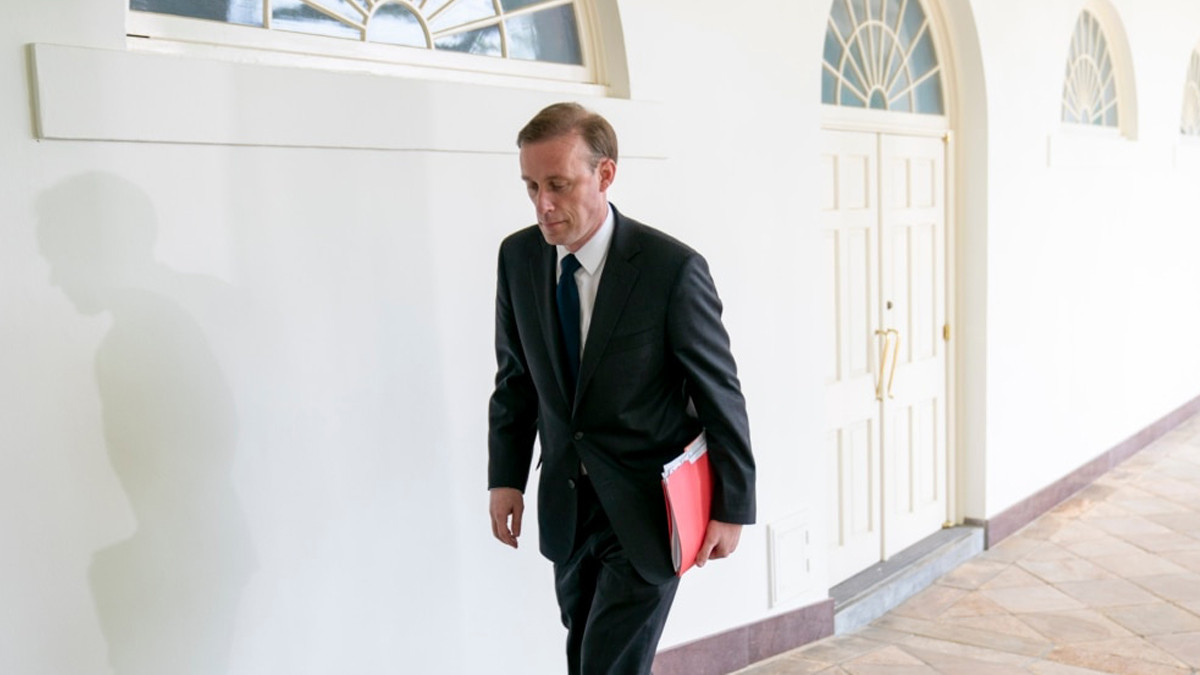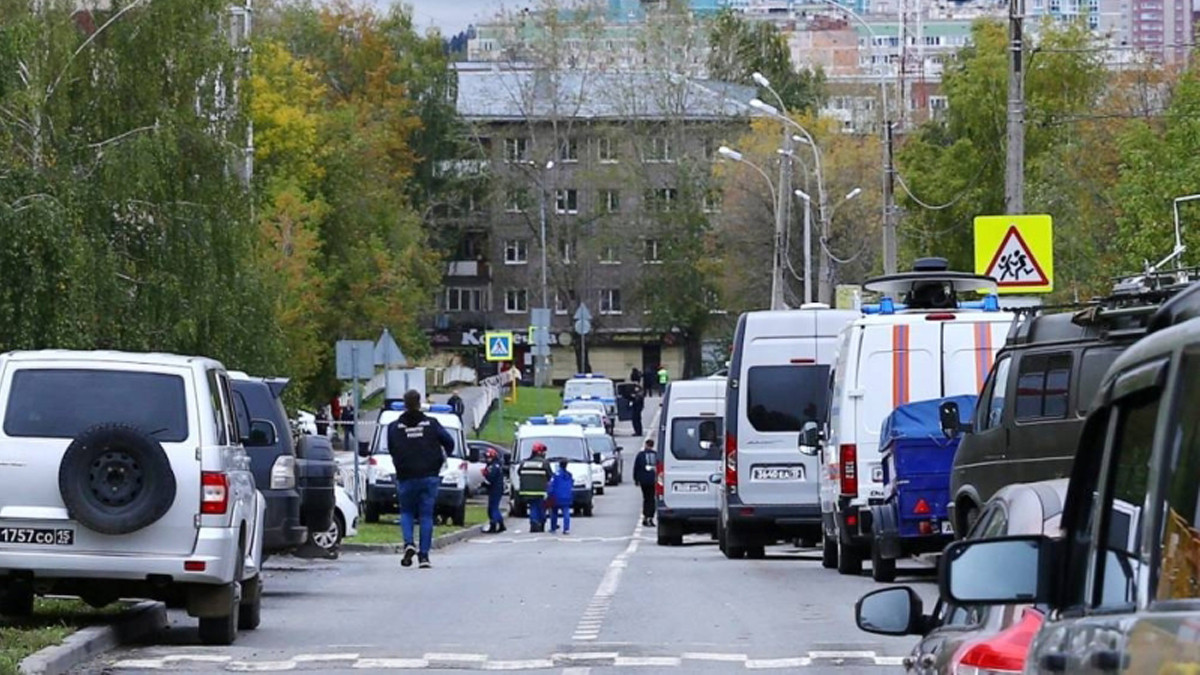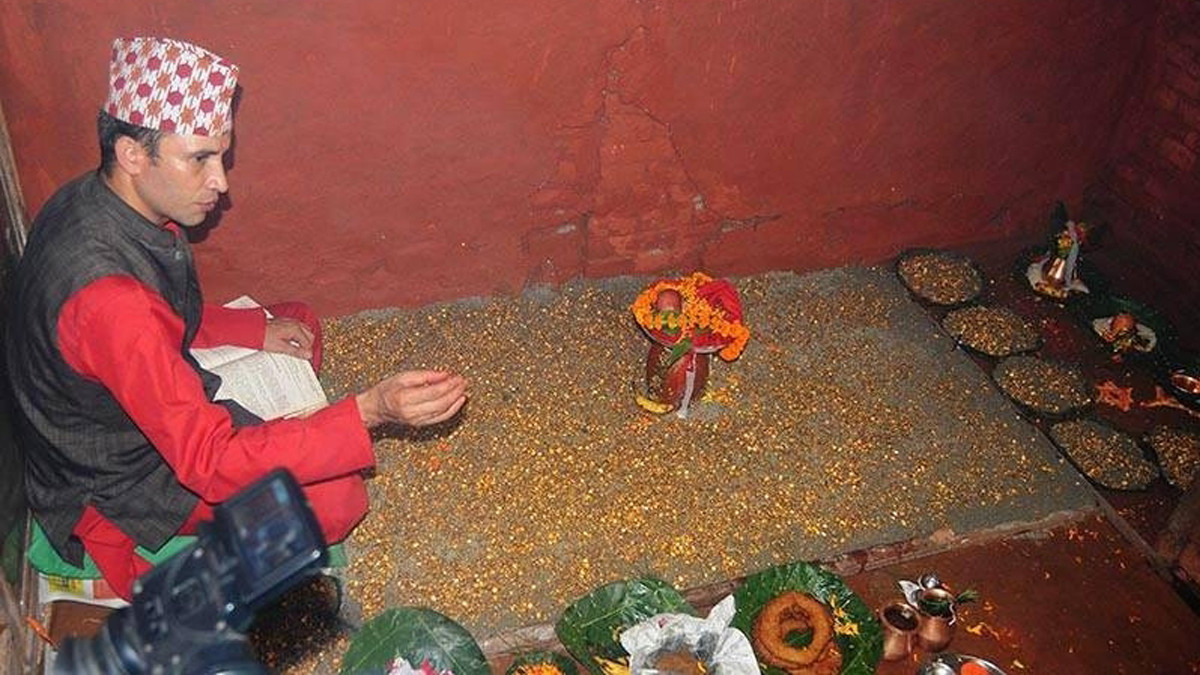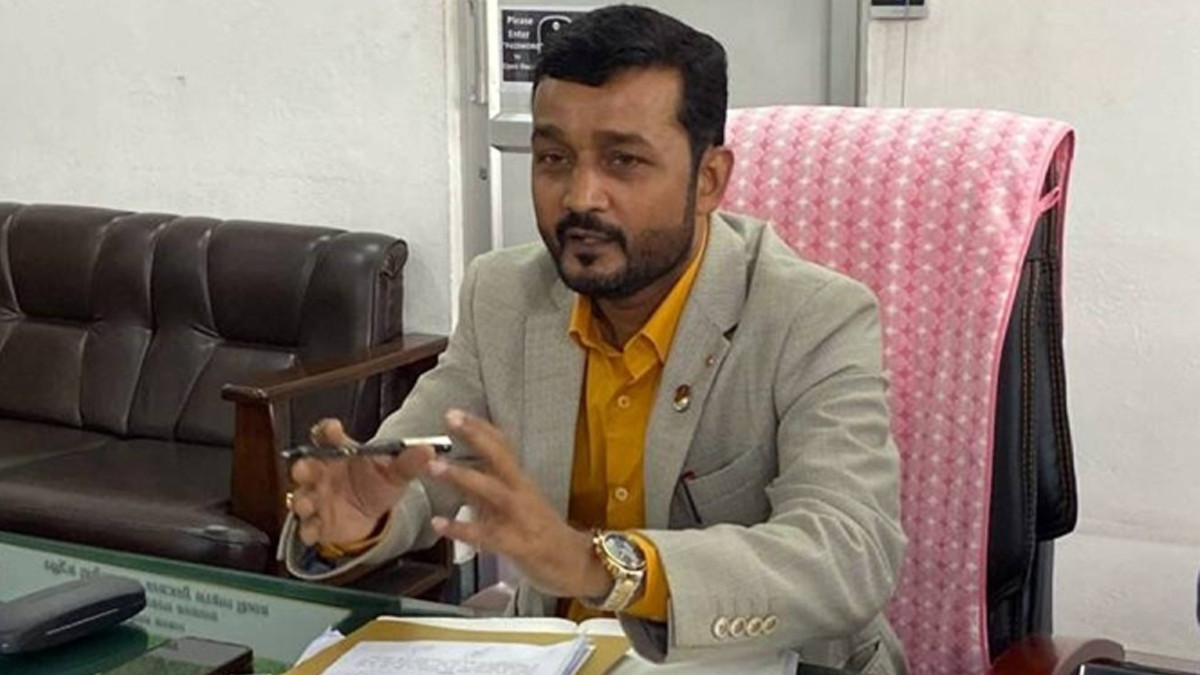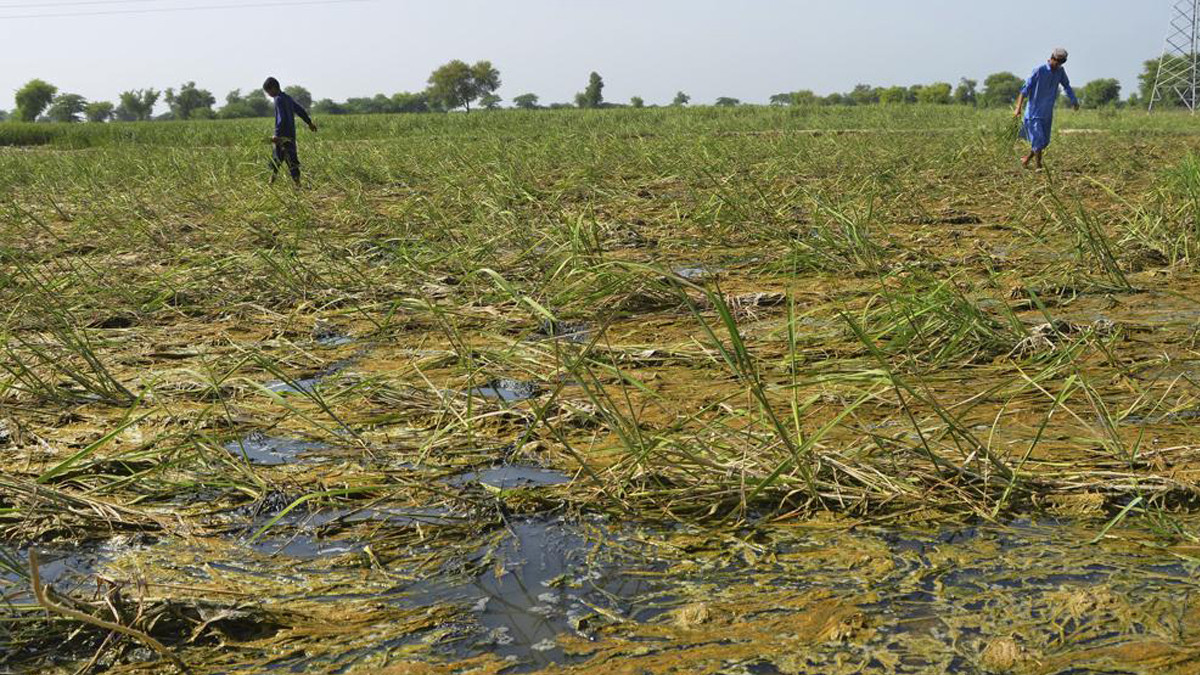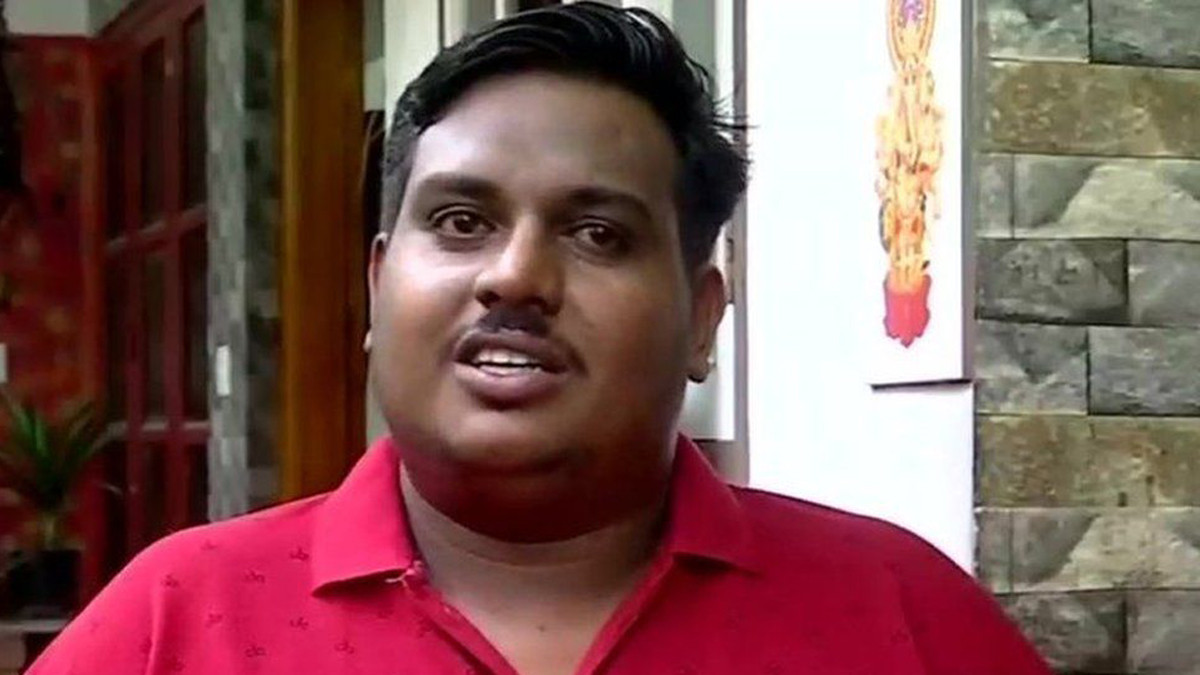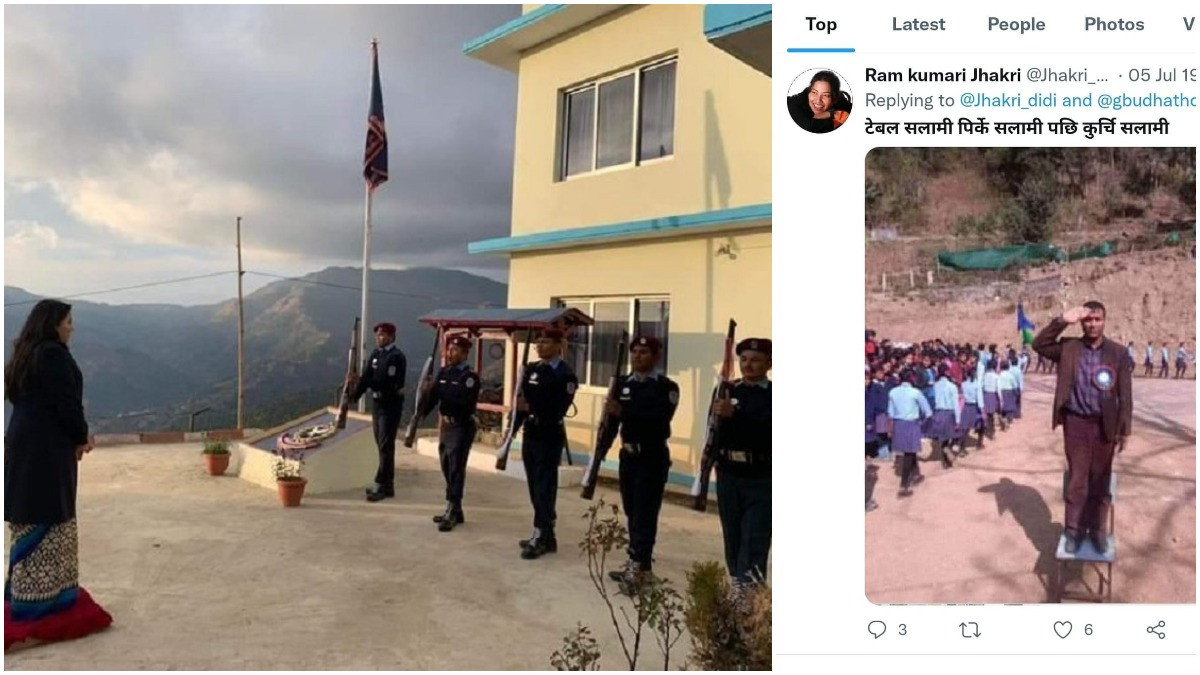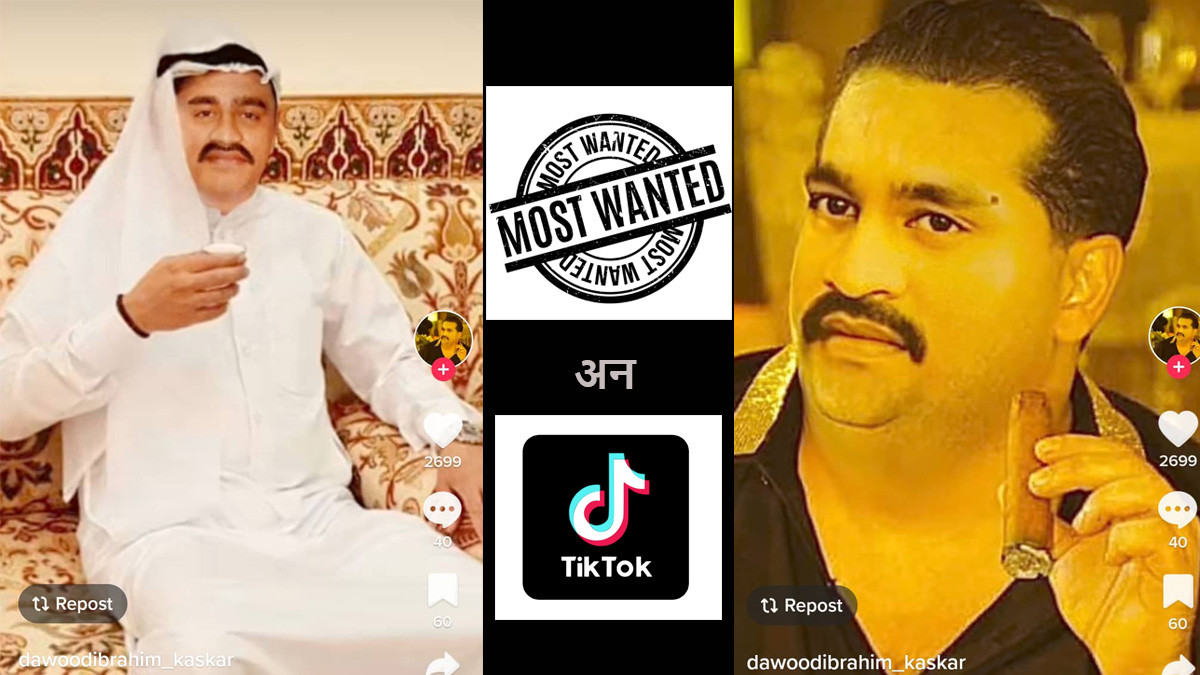
Dawood Ibrahim Kaskar, the main accused in the serial bomb blasts that killed 257 people and injured more than 1,400 people in Mumbai (then Bombay), India in 1993, is wanted by many countries, including India, for dozens of crimes including money laundering, human trafficking, and international drug trafficking.
With the establishment of the United Nations Counter-Terrorism Office in 2017, the United Nations has also banned Dawood and his associates from doing business in the name of supporting international terrorist organizations.
Similarly, the international crime police organization - Interpol has also kept Dawood on red notice at the request of various countries including India.
Dawood Ibrahim Kaskar, the head of the alleged D Company that everyone is looking for, has been active on the Chinese social network Tiktok since a few days ago.
In the Tiktok account opened in his name, Some photos and videos that were not public before have been posted.
In one such video post, Dawood is said to have attended a D Company conference in the United Arab Emirates. Flags of Pakistan, United Kingdom, United Kingdom, and UAE have been used in similar posts.
Similarly, there are comments in his posts in Urdu and English language. Most of the comments are in support of him and most of those comments are from Pakistan.
When the TikTok account of one of the world's most wanted persons is seen as active, the issue of its impact and its control has once again come into the discussion.
Earlier after capturing a large part of Iraq, photos and videos of open killings by the terrorist organization ISIS were made public through social media. Similarly, ISIS was successful in influencing a large group of young people through social media who were dissatisfied with the system and process of the country.
Hemant Malla, a retired DIG of Nepal Police, who has been studying international crime and terrorism and events with special interest, says that Dawood's social media account may lead people to ISIS. He also urged the concerned countries to be alert in time.
DIG Malla said in a conversation with Pardafas, "Nowadays, the youth's attachment to criminal tendencies and events seems to be increasing. There may be various reasons for this, but the presence of the such person openly on social media should be stopped. '

